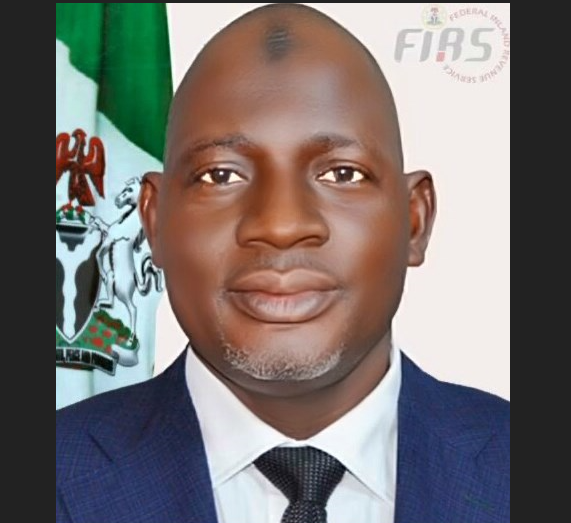The Federal Inland Revenue Service (FIRS) has stated that it will achieve 100 percent automation of all its tax administration processes with the aim of blocking revenue leakages thereby revolutionizing revenue generation in Nigeria.
Executive Chairman of the FIRS, Muhammad Nami, disclosed this while speaking as the Special Guest at the Pedabo 2022 Annual Public Private Sector Engagement on Tuesday.
He said by virtue of the amendment to Section 25 of the FIRS (Establishment) Act in the 2021 Finance Act, any person who fails to grant the Service access to its information technology systems to connect to its automated tax administration solution is liable to penalties under the law.
“We will seek to achieve 100% automation of all our tax administration processes, which will block revenue leakages and revolutionize revenue generation in the country. We expect your full cooperation in this regard, considering that by the amendment to Section 25 of the Federal Inland Revenue Service (Establishment) Act in the 2021 Finance Act (through Section 18 of the 2021 Finance Act), any person who fails to grant the Service access to its information technology systems to connect to its automated tax administration solution is liable to penalties under the law.”
“The Service has deployed a digital service interface, the Digital Economic Compliance (DEC) Tool, to facilitate the implementation of the Regime. The implementation of the DEC Tools will also assist the Service in determining entities that fall within the SEP threshold and relevant turnover generated from Nigeria. This tool will go live shortly.”
He also stated that the Service “will focus on compliance and enforcement strategies in 2022, by leveraging on intelligence, strategic data mining and analysis, to enhance audit and investigation functions and implementing the penalty regimes in accordance with the laws;” adding that, “the Service is poised to ensure prosecution of recalcitrant taxpayers in 2022.”









